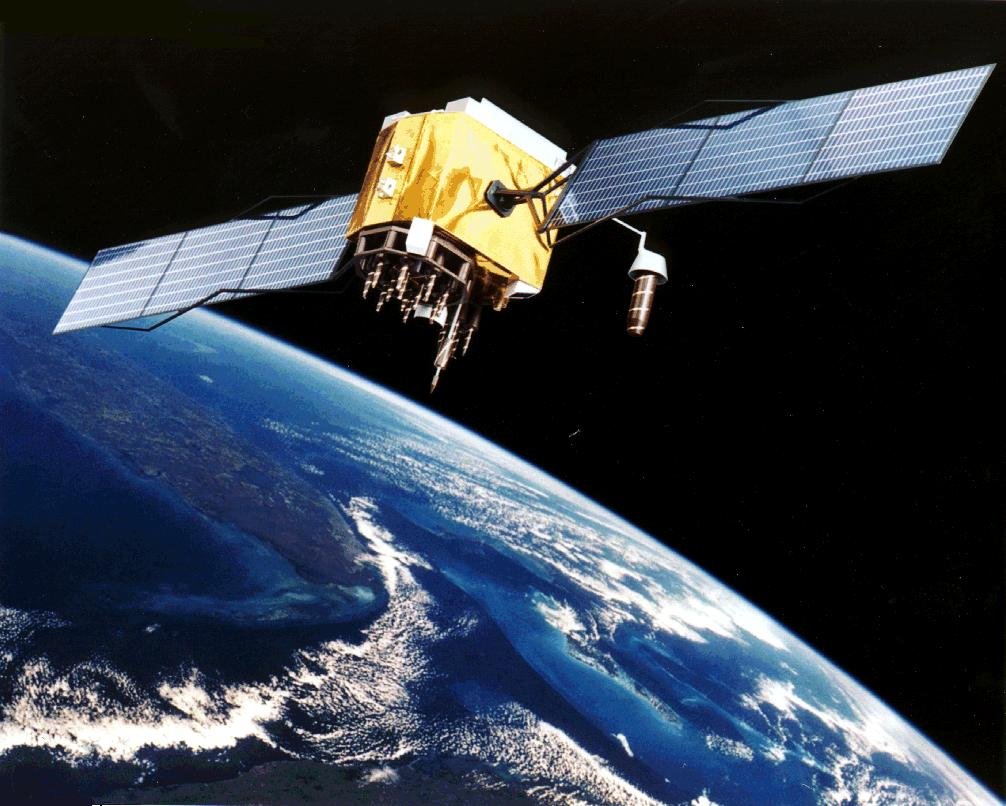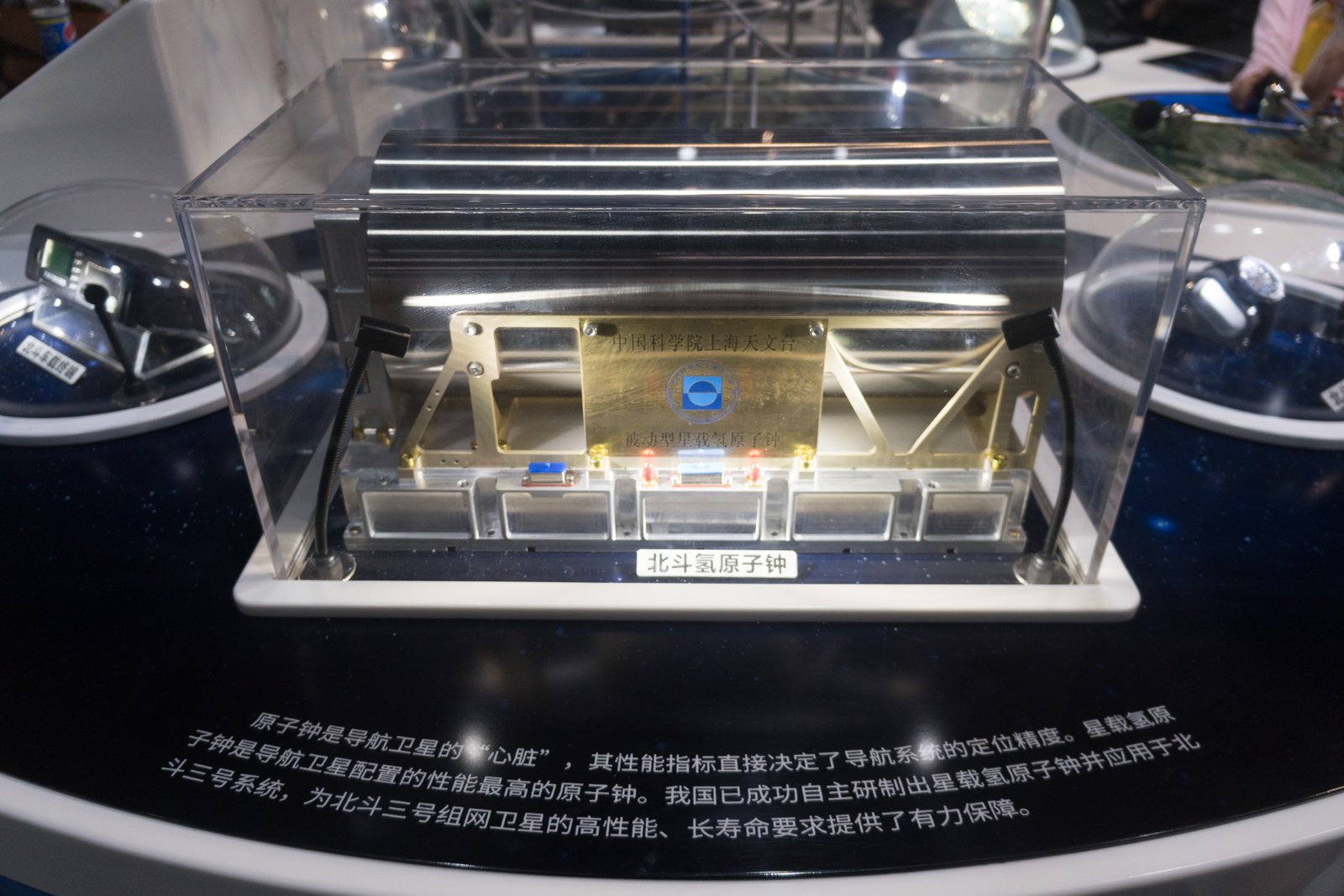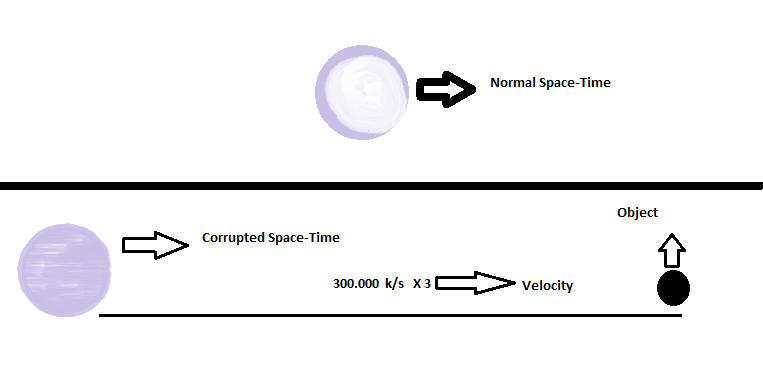Have you ever wondered if astronauts age differently than those of us down here on Earth? Imagine floating high above the planet, gazing out at the blue marble below, knowing that every second you spend up there ticks by at a different rate than it does for your loved ones back home. It sounds like something ripped straight from the pages of science fiction, but it’s a real, mind-bending truth of our universe. The International Space Station (ISS) is not just a technological marvel—it’s a laboratory for time itself. The secrets of why time moves differently in space are wrapped up in the mysteries of relativity, and they’re more fascinating than you might expect. Let’s dive into the extraordinary world where gravity, speed, and the very fabric of reality stretch and twist in ways that defy common sense.
What Is Time, Really?
Time is something everyone feels but nobody can touch. We chase after it, schedule our lives around it, and sometimes feel like it’s slipping away. But in physics, time is just another dimension—like length or width—woven into the fabric of the universe. It’s what keeps everything from happening all at once. Yet, contrary to what our clocks suggest, time doesn’t tick at the same rate everywhere. It’s a living, breathing part of our universe that can bend and stretch, especially when we reach for the stars.
The Basics of Relativity: Einstein’s Mind-Bending Idea

Back in 1905, Albert Einstein changed everything with his theory of relativity. He dared to ask, “What if time isn’t absolute?” His answer shocked the world: the faster you move, the slower time passes for you compared to someone standing still. This isn’t just a clever trick—it’s a fundamental truth about our universe, confirmed by countless experiments. Relativity tells us that time and space are tangled together in a cosmic dance, and the rules are stranger than anyone ever imagined.
Gravity’s Grip: How Mass Warps Time
Gravity isn’t just about apples falling from trees. According to Einstein, gravity comes from massive objects like planets and stars bending the fabric of space-time. This warping slows down the flow of time near heavy objects. That means the closer you are to Earth’s surface, the slower time goes for you. Astronauts living on the ISS, orbiting hundreds of kilometers above us, actually experience time a bit faster than we do down here—at least, if we only consider gravity’s effects.
Speeding Through Space: Time Dilation on the ISS
While gravity tries to make time speed up for ISS astronauts, there’s another player: speed. The ISS whips around Earth at about 28,000 kilometers per hour—fast enough to circle the globe every 90 minutes! According to special relativity, moving fast causes time to slow down. For astronauts, this means that time ticks just a little slower for them than for people on the ground. It’s almost like living in a very subtle sci-fi movie, all day, every day.
The Tug-of-War Between Gravity and Speed
So which wins—gravity or speed? On the ISS, both effects are at play. Gravity tries to make time run faster for astronauts, while their incredible speed tries to slow it down. The two effects almost—but not quite—cancel each other out. In reality, the speed effect wins by a tiny margin. So, astronauts age ever-so-slightly less than people on Earth. It’s a race where the finish line is measured in milliseconds.
How Much Do Astronauts Really Age?
You might be picturing astronauts coming home from space looking mysteriously younger, but the difference is much smaller than you’d think. After six months on the ISS, astronauts will have aged about 0.005 seconds less than people on Earth. That’s less time than it takes to blink. Still, over long periods or faster journeys—imagine a trip to another star—the effect would be much greater. It’s fascinating to realize that even the tiniest fragments of time matter in the grand puzzle of the universe.
Clocks in Orbit: How GPS Satellites Prove Relativity

The proof of relativity isn’t just theoretical—it’s practical. Every time you use your smartphone to find directions, you’re relying on GPS satellites that orbit even higher than the ISS. Their clocks tick faster because they are farther from Earth’s gravity but also slower because they move quickly. Scientists have to adjust these clocks with mind-boggling precision, or your map would lead you miles off course. Relativity is literally baked into the technology we use every day.
The Twin Paradox: A Cosmic Thought Experiment
Imagine you have a twin, and one of you takes off in a spaceship at near-light speed while the other stays on Earth. When the space traveler returns, they’d actually be younger than their twin. This is the famous “twin paradox.” While astronauts on the ISS don’t travel nearly that fast, the principle is real—and it points to the wild possibilities waiting in our cosmic future.
Living on the ISS: Time Feels Different

Astronauts on the ISS live by clockwork schedules but often report a strange sense of time. With 16 sunrises and sunsets every day, their bodies struggle to keep up with day and night. Even though the physical effects of time dilation are tiny, the psychological effects can feel huge. Time in space is both a scientific puzzle and a deeply personal experience.
Cosmic Rays, Aging, and Human Biology
Space isn’t just about clocks and equations. Astronauts face cosmic radiation that can damage cells and speed up some aging processes, even as relativity slows their clocks. It’s a bizarre paradox—time moves slower by the math, but the harshness of space can make the body age in other ways. The universe loves to keep us guessing.
The ISS as a Laboratory for Time

The ISS is more than a floating science lab—it’s a testing ground for our understanding of time. Scientists use atomic clocks to measure the tiniest differences in time between Earth and space. These experiments confirm Einstein’s predictions again and again, and sometimes reveal new mysteries that keep physicists awake at night.
Why Doesn’t Time Travel Happen on the ISS?

With all this talk of moving faster or slower through time, it’s tempting to dream about time travel. But the effects on the ISS are so tiny that no one will be zipping into the future or the past anytime soon. Real time travel, in the Hollywood sense, still belongs to fantasy. But the fact that even a sliver of it happens for real is enough to make you believe in the impossible.
What If We Could Go Faster?
If we ever build spaceships that move close to the speed of light, astronauts could return to Earth having aged years less than everyone else. This is the ultimate “Einsteinian” dream, and it’s not just academic. For future missions to Mars or beyond, time dilation could become a real issue. Space travel is not just about distance—it’s about what happens to time itself.
The Role of Atomic Clocks in Understanding Time

Atomic clocks are the unsung heroes of relativity. These marvels of engineering can measure time so precisely that they would only lose a second over millions of years. They’re used on the ISS, in satellites, and in labs on Earth to test the predictions of relativity. Every tick of an atomic clock is a reminder that the universe is stranger and more wonderful than we ever imagined.
Everyday Examples of Time Dilation on Earth
You don’t have to be an astronaut to experience time dilation, though the effects are incredibly small. When you fly in an airplane, you’re actually aging ever-so-slightly less than your friends on the ground. Mountain climbers, too, age a little faster than people at sea level because they’re farther from Earth’s gravitational pull. These differences are tiny, but they’re real—and they prove we’re all living in a relativistic universe.
How Scientists Measure Time Differences

Measuring time differences caused by relativity isn’t easy. Scientists use pairs of atomic clocks—one on Earth and one in orbit—to compare how time passes in different places. Even with the best technology, detecting these differences takes patience and precision. The data gathered from these experiments doesn’t just confirm old theories; it sometimes opens up new questions about the universe.
The Psychological Impact of Time in Space

For astronauts, the effects of time in space aren’t just physical—they’re deeply emotional. The feeling of being out of sync with friends and family, the relentless pace of work, and the ever-present sense of distance create a cocktail of emotions. Some astronauts describe a sense of timelessness, where days blur together. The science of time is matched only by the human experience of living it.
Why Understanding Time Matters for Future Missions

As humanity prepares for longer journeys—to the Moon, Mars, or even beyond—understanding how time works in space becomes crucial. Astronauts’ health, mission timing, and communication all depend on precise knowledge of time. The more we learn, the better we can plan for the great adventures ahead.
The Wonder of a Relativistic Universe

The idea that time itself can stretch, shrink, and dance to the tune of gravity and speed is nothing short of awe-inspiring. It reminds us that the universe is far stranger—and more beautiful—than our everyday experiences suggest. Next time you check the time, remember: somewhere high above you, an astronaut’s clock is ticking just a little bit differently. Isn’t it wild to realize we’re all time travelers in our own small way?




